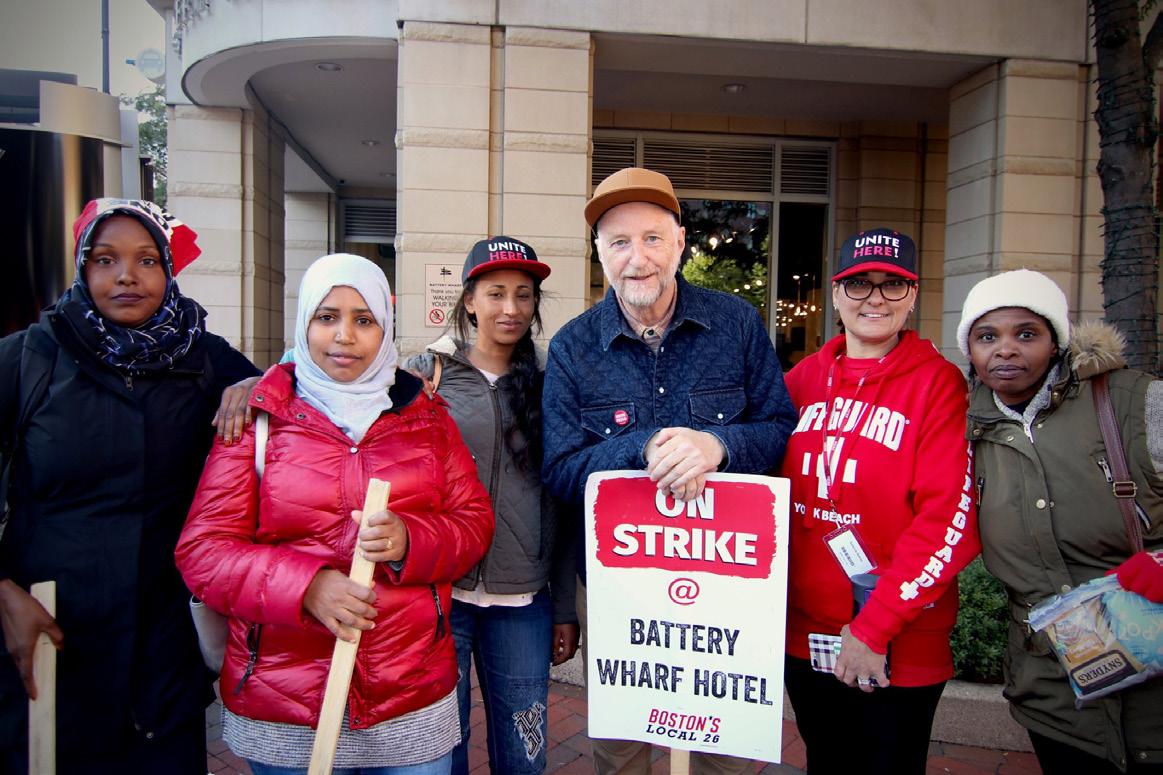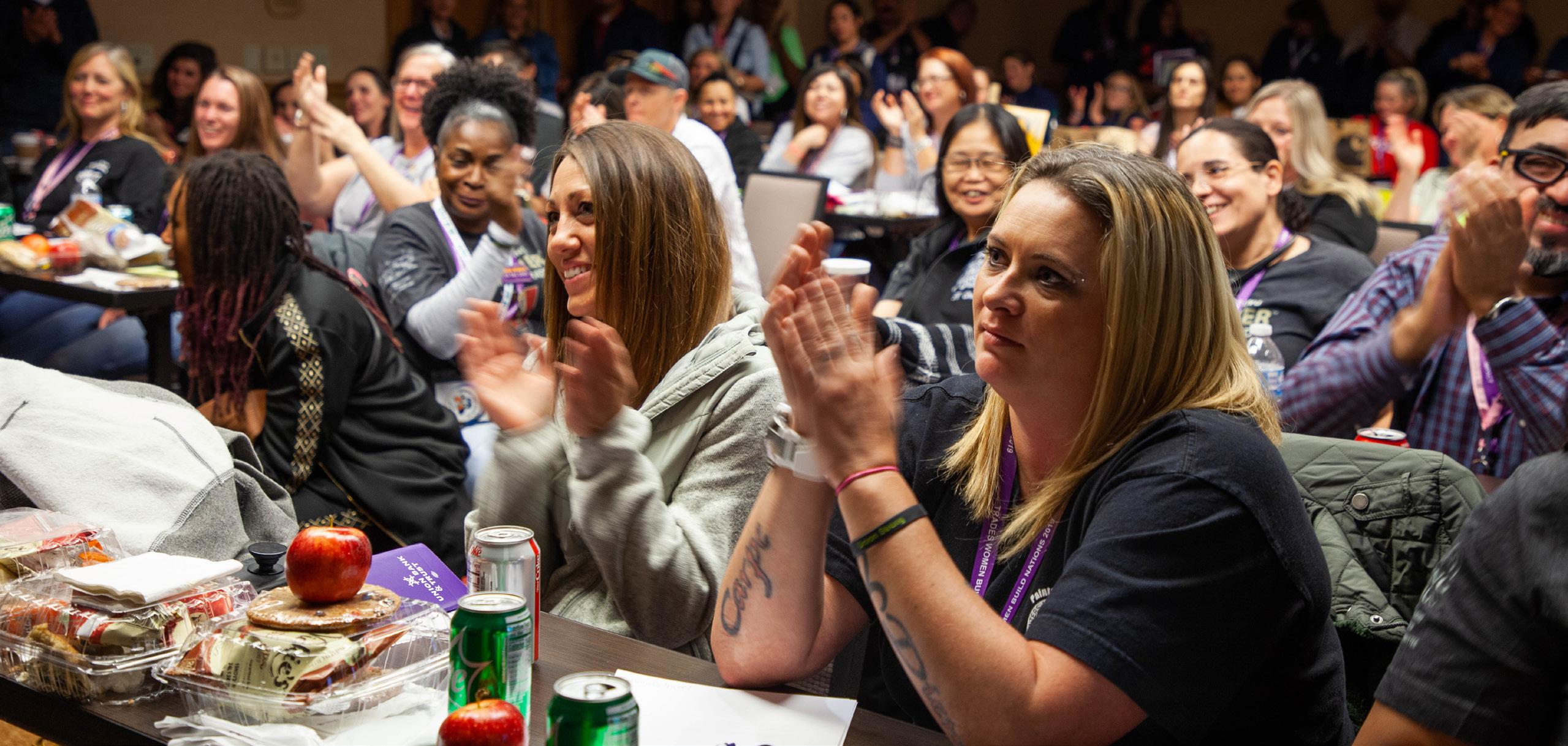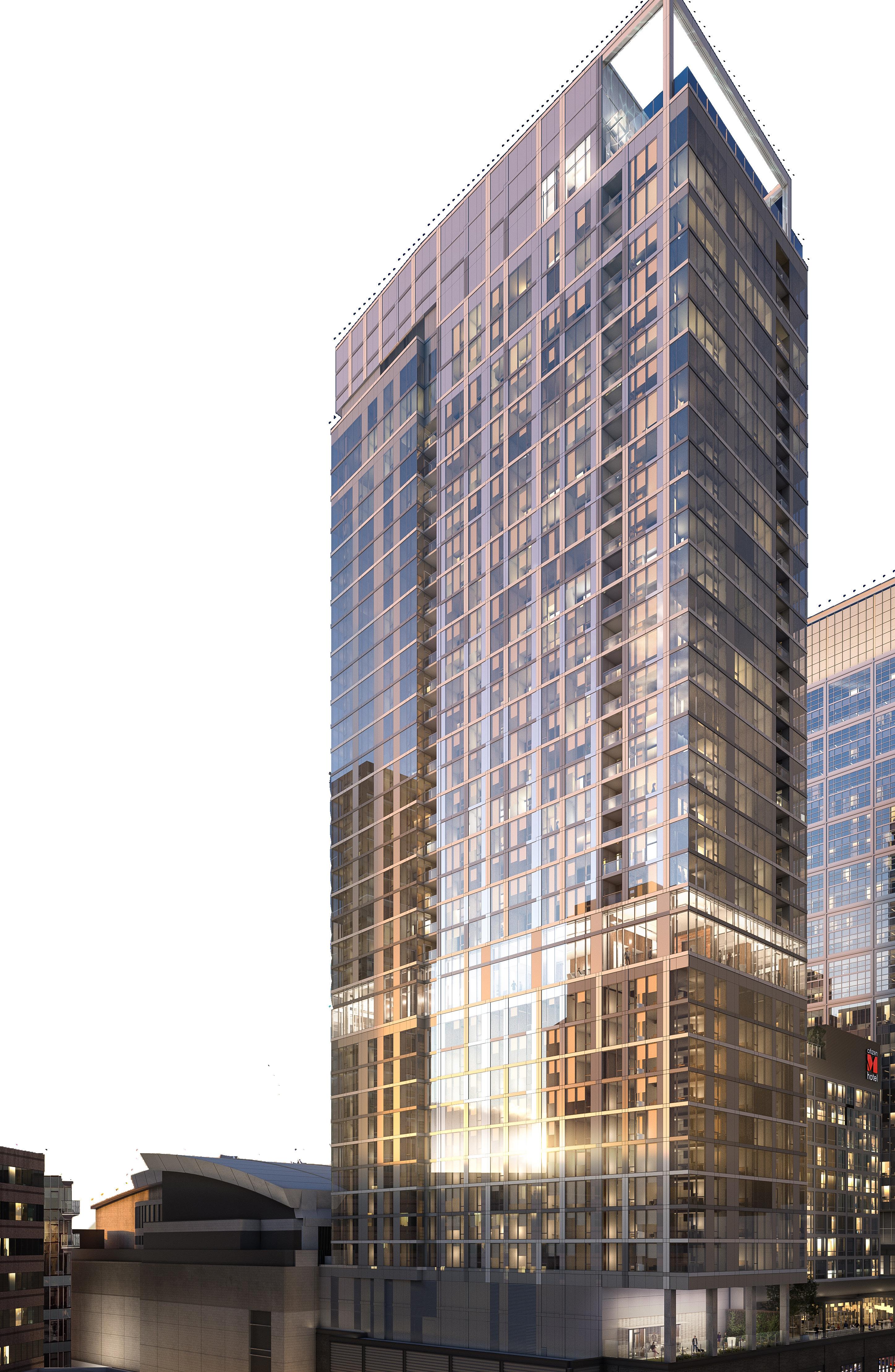We Need Environmental Policies that Advance Equity, Diversity, and Inclusion Recently, Darlene Lombos, Executive Secretary-Treasurer of Greater Boston Labor Council authored the following letter calling for environmental policies that advance equity, diversity, and inclusion.
Dear Cambridge City Councilors,
The GBLC urges the City of Cambridge to adopt an alternative framework for advancing both climate and economic justice that follows and amplifies On behalf of the Greater Boston Labor Council, I am writing to express my the existing leadership in frontline communities of color and affected deep concern that a prohibition on natural gas in new construction does workers. We specifically call on the Council to: not advance what I understand to be our shared values of equity, diversity and inclusion. Banning fossils without a comprehensive alternative energy Advocate for a more robust and comprehensive public transit system strategy will have disproportionate negative impacts on poor and working- that is safe, affordable, reliable, and accessible for all residents in the class communities and communities of color. Commonwealth. Public transit is a lifeline for working class communities and investing in public transit infrastructure helps stabilize and sustain The Greater Boston Labor Council (GBLC) is an umbrella organization of the local economy. The transportation sector is the largest emitter of local unions representing nearly 100,000 workers throughout the Greater GHGs in Massachusetts, and communities that invest in public transit Boston area. Our sister organization Community Labor United convenes reduces the nation’s carbon emissions by 37 million metric tons annually. the Green Justice Coalition (GJC), a united front of grassroots organizations, environmental groups, and labor unions who for over 10 years have won Promote greater energy efficiency in existing commercial and residential policies that move Massachusetts towards a sustainable, equitable, and buildings both public and private, which account for more than 40% of clean energy economy. This means making sure that equity, diversity, and GHGs in Massachusetts. Greater investment in weatherization programs inclusion are at the center of policies that GJC promotes by supporting the when done with an equity, diversity, and inclusion framework can result leadership of frontline communities of color and workers whose livelihoods in significant reductions in GHG emissions, increase job access and and communities are most affected. standards, and lower fuel costs for Massachusetts residents. We applaud the Cambridge City Council’s determination to take action on the climate crisis, which represents an existential threat to our cities and towns. However, environmental policy is also economic policy. Workers and the communities we live in are key to developing long-lasting solutions that will unite us in addressing the disparities in our current economic system as we also transform energy and development policies that hasten climate catastrophe. Given the failures of federal leadership on all these questions, we need – now more than ever – for local elected officials to build bridges that can produce a triple win: for frontline communities of color, affected workers, and the natural systems on which all life depends. We encourage you to build on a successful track record of community/ labor action on climate and the economy here in Massachusetts. In 2008, community leaders of color in Chelsea and Boston’s Chinatown worked with construction trade unions through the Green Justice Coalition (GJC) to transform statewide residential weatherization programs that resulted in a triple win for Massachusetts’s working class households – saving $59 million in fuel costs, increasing pay for weatherization workers by $42 million, and reducing 84,000 pounds of greenhouse gas emissions in the state. Also GJC brought together Amalgamated Transit Union locals and transit rider advocacy groups from across the state and helped to secure $2.5 billion in state funding for public transit, won a 5% cap on fare increases, lowered fares for the elderly and disabled, and won a guaranteed a voting seat on each of the 16 regional transit boards.
Push for safer gas infrastructure – increasing oversight, reducing leaks, and building up the number of inspectors and trained employees. With methane being significantly more potent than carbon dioxide at trapping heat in the atmosphere over a shorter period, greater investment in repairing gas leaks should be a high priority in dealing with the climate crisis, while ensuring job standards and community safety are at the center of these efforts. In these and other approaches to sustainable economic development, the GBLC challenges the business associations that are clearly driven by profits and benefit from an unsustainable and disastrous status quo. Our position is that corporations must be held accountable to pay their fair share to address the climate crisis, and elected officials who believe in people over profit must work to advance policies rooted in equity, diversity, and inclusion. We hope that this amendment is not adopted by the Council, and that the City of Cambridge will support our efforts to advocate for policies that confront the climate crisis, build a public energy infrastructure that promotes community wealth and health, and ensure a triple win for frontline communities of color, affected workers and the natural environment.
We welcome the opportunity for partnership with the Cambridge City Council and look forward to meeting with all of you to continue this These are the kinds of initiatives that are rooted in the lived experiences dialogue. Please do not hesitate to contact me if you should have any of people most affected by the extractive economy and are the kinds of questions. solutions that show a commitment to diversity, equity and inclusion. By contrast, the proposed amendments regarding the prohibition of natural gas Sincerely, infrastructure in new buildings do not consider the residents and workers Darlene Lombos who would be directly and negatively affected. However well-intentioned, Executive Secretary-Treasurer these types of proposals are short-sighted, divide communities along race Greater Boston Labor Council and class lines, and limit our opportunities to address the climate crisis while also advancing social, economic and racial justice.
9







